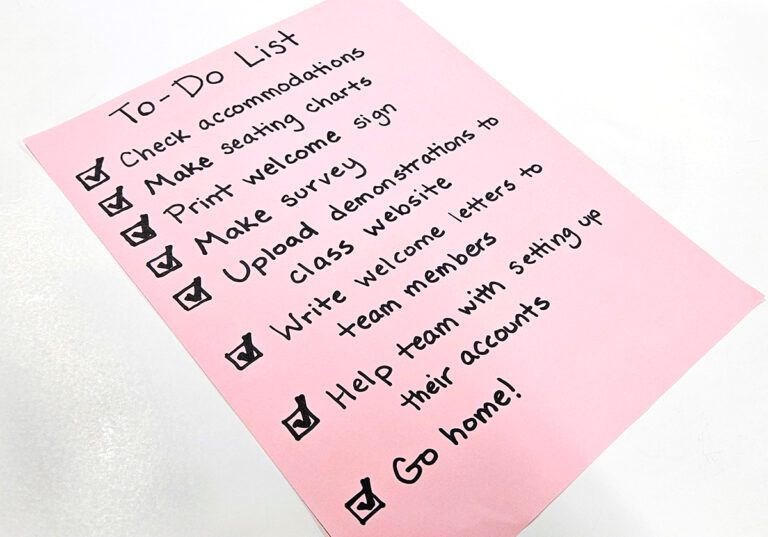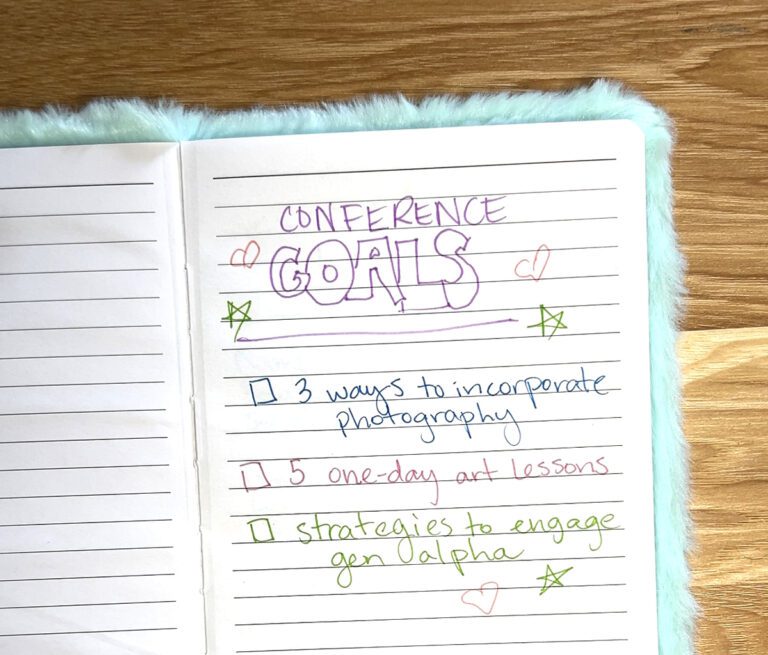Teaching is a tough job and can be made tougher when you have a bad boss. This challenging experience is bound to happen the longer you’re in the profession. Whether it’s a clash of personalities or philosophies and values, knowing how to navigate this difficult situation is necessary for personal happiness and your long-term career. Here are some things to consider to help weather the storm:

Learning from your Boss
Even though you might not see eye-to-eye on everything with your boss, you can always learn something from everyone. Take a proactive approach and acknowledge where your boss is successful and how you can learn from their knowledge. This could be in leadership style and how they work with people. Or more technical skills like instruction and assessment. Recognizing no one is great at everything and acknowledging their strengths can make it easier to manage their weaknesses.
Manage Up
The term “managing up” means to take steps to help your boss even when it extends beyond your responsibility. This might look like asking questions to remind them of something or making requests to avoid your boss dropping the ball. It’s unfortunate when these steps are necessary because they take more time and energy on your part. However, by doing nothing, you’re likely setting yourself up for frustration and penalty if things aren’t happening as you need. Be aware, some levels of managing up are only made possible if your boss isn’t threatened by your approach. You don’t want to send a message that you’re trying to take over or stepping on their toes.
Giving Feedback
You can’t expect people to improve or change if you don’t give them the feedback to do so. Even the most conscientious and self-aware administrator can’t know how everyone is feeling and what they need all of the time. If you have established an appropriate amount of trust with your boss, providing feedback to them can be helpful. If you enter this conversation, plan for a time and place where they will be most receptive to your perspective. Initiating this conversation can be tricky, and a direct approach and question can be the most transparent. Allow them to accept or deny the feedback by asking, “I was wondering if we could talk about XYZ, and if I could give you some feedback from my perspective?” Just remember, if you’re going to offer feedback, then you should be prepared to receive it in return.

Jump Ship
It’s often said that people don’t quit jobs, they quit people. Finding a new job doesn’t always feel like a reality when you consider the implications, but it’s often more of an option than people want to acknowledge. Start by updating your resume and portfolio to be ready when an opportunity arises. The process of finding a new job can sometimes feel like a job in itself. So, set your expectations accordingly and be prepared for a time-consuming process of applications, cover letters, and hopefully, interviews. Sometimes exploring other opportunities and potentially learning the grass isn’t always greener can positively change your perspective on your current situation.
Go to the Top
One solution to a bad boss is to go above them. After all, if your boss’s boss knew how they were doing, then change would certainly occur. Right? Unfortunately, that’s not always the case and going above your boss can be a risky move. If your boss and their supervisor have a positive relationship, they might not be willing to hear or believe your perspective. No benefit may be gained, and further damage could be done if your boss discovers your approach. There are some situations; however, when going to the top is appropriate. For example, if your boss is creating a toxic work environment, unsafe working conditions, or highly unethical or illegal behavior.
Settling In
If nothing else works, there is also the reality you and your boss will never click and there is no sign of change for the foreseeable future. In this case, you might just have to lay low for the time being. While looking for a new job is always an option, it might not always be a practical one. Developing coping strategies can help you get through this difficult time. Taking control and focusing on your own professional and personal growth can distract you from the frustrations in your building. In other words, if you fill your mind up with other things, you don’t have room to think about your negative boss situation. Here are some suggestions to try:
- Take a class
- Start a blog
- Join a teaching network
- Learn a new medium
- Learn about new artists
- Visit museums and galleries

Check Yourself
Considering how you can be a part of the problem isn’t the most popular strategy, but can play a role in your dissatisfaction with your boss. Think about your expectations for the boss and if they are attainable. No one can be everything you want them to be. Also, if your boss’s faults are reflective of the overall culture of the building, they might not be solely to blame. This is, of course, if your boss is not at the top of the food chain. Lastly, remember you don’t always know what someone is experiencing personally or professionally that could be impacting their work. Sometimes you have to give grace.
Having a bad boss is unfortunate and can sometimes feel like you’re drowning in frustration. But this can be made manageable with intentional steps on your end to cope and keep progressing. While you can’t control your boss, you can control how you respond to the circumstances. To start, identify the source of your frustration(s) and develop a plan accordingly. Hopefully, this doesn’t last long and you’ll soon be saying, “remember when.”
What are other strategies to work with a bad boss?
How can teachers protect themselves when they can’t trust their boss?
Magazine articles and podcasts are opinions of professional education contributors and do not necessarily represent the position of the Art of Education University (AOEU) or its academic offerings. Contributors use terms in the way they are most often talked about in the scope of their educational experiences.





